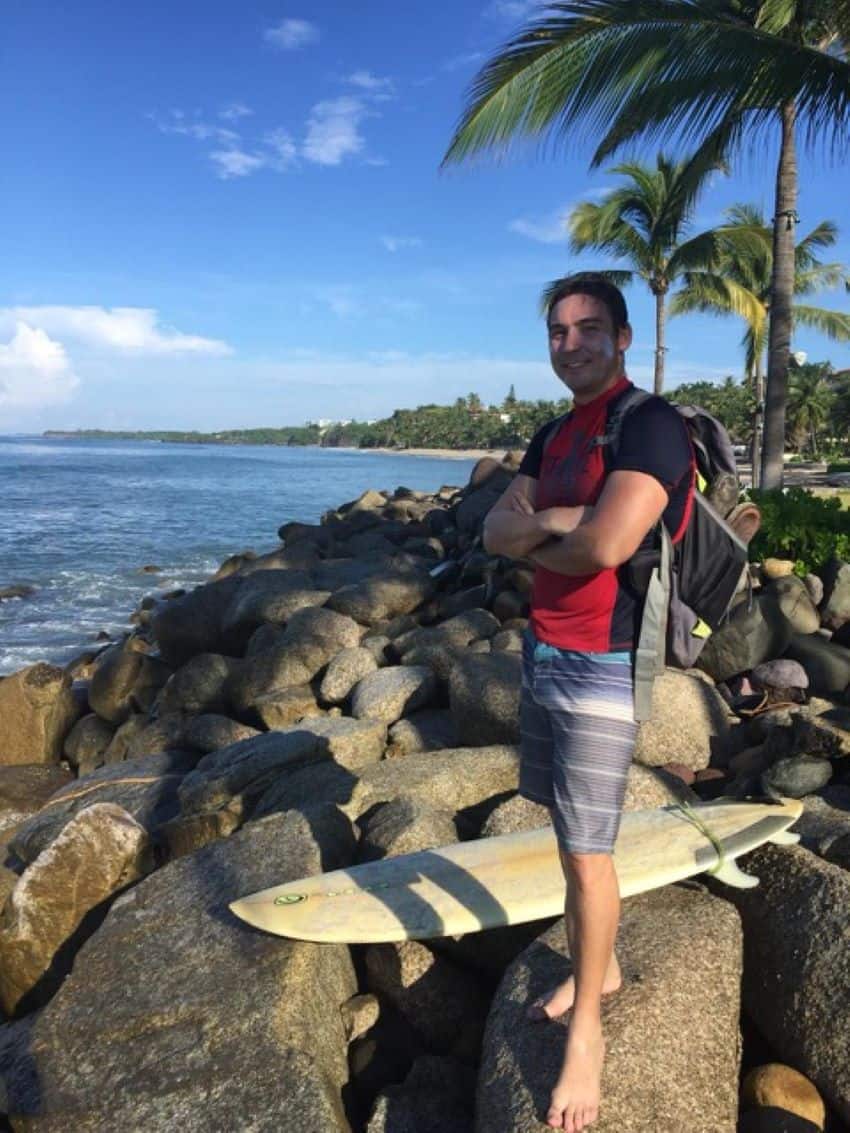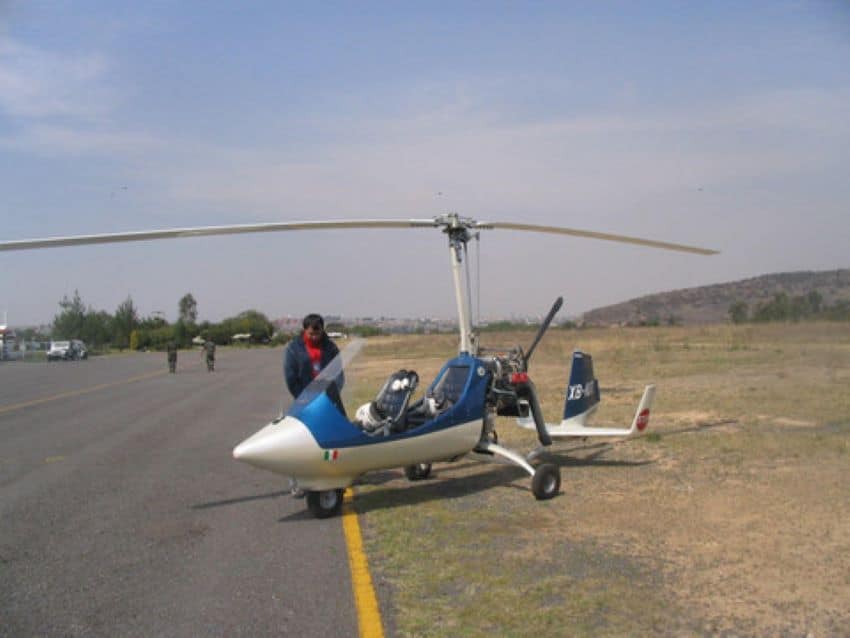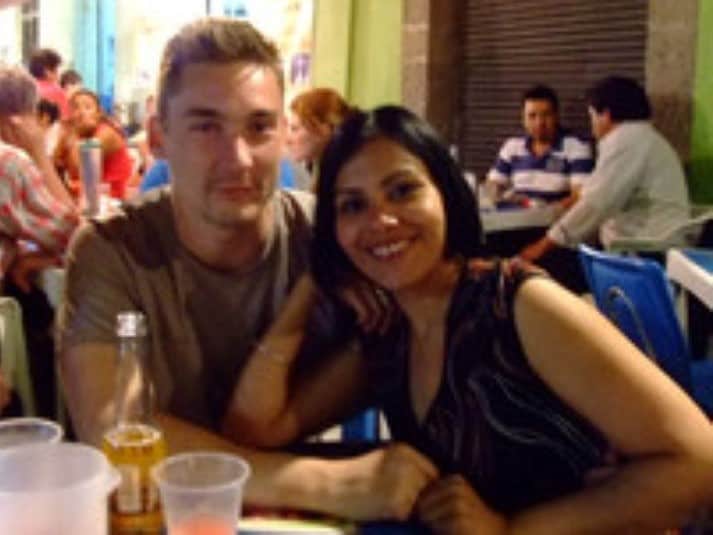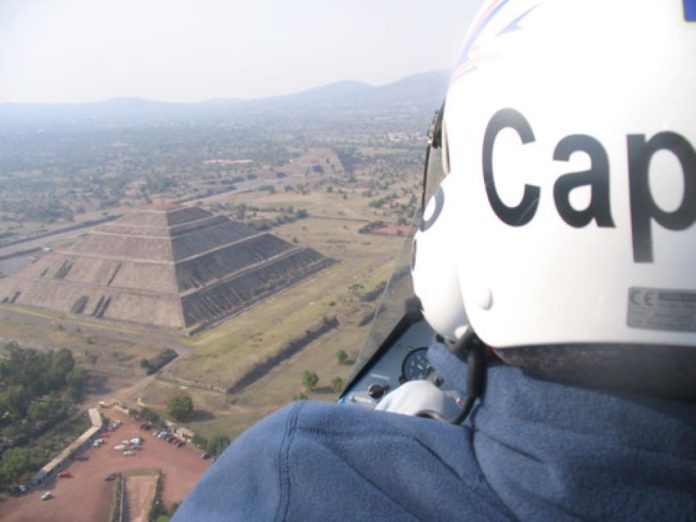When Vivalatina founder Nicolas Tranchart came to Mexico from his native France eight years ago as an experienced engineer, he knew that it was a perfect time for a new beginning.
“After being an employee for a long time, I wanted to become an entrepreneur,” he says.
Tranchart brought with him his fledgling jewelry business, which is now based in Puerto Vallarta and has expanded into making custom-designed pieces. His arrival was not his first time in Mexico, however. Tranchart first came in 2004 while in college and worked for a while in a Querétaro company, then eventually moved to Reynosa, Tamaulipas, to work in a factory. It was there that he met his wife Reyna. The couple initially moved back to France, but because French labor law prevented Reyna from working in her field of medicine, they decided to come back to her home country after four years of trying to adapt to Europe.
“Eight years from there, I can say that both of us have more opportunities here than we would have had in France,” Tranchart says.
The idea for his startup came to him during his period when he had returned to France. While Tranchart was still working full-time as a mechanical engineer, he decided to sell some Mexican jewelry — first to friends and then online. Local contacts in Taxco helped him with importing pieces. But once they returned to Mexico, Tranchart decided to concentrate on the business idea completely so that he didn’t have to start from scratch. He also liked the idea of keeping connections to his homeland.

For the first four years business was slow, with annual sales at barely US $3,000. But then clients started asking him for custom pieces. He began working with jewelers based in Puerto Vallarta who could do personalized designs.
“After a few months, I could see that it was better than just reselling,” he said. “I improved my offers, publicity and many other things to find my niche, to grow.”
As he grew, Tranchart noted that he had two types of competitors: large companies that make standardized jewelry sourced locally or from China and jewelers working alone who had good craftsmanship and quality but no knowledge of how to sell their work online. Tranchart saw his mission as positioning Vivalatina between the two groups.
The strategy has worked. Last year alone, the company made around 200 sales in France and Europe.
“It’s not about numbers, it’s about quality,” he said. His business’s next goal, he says, is to expand into the United States market.
With increased demand, Tranchart has found himself drawing upon his engineering skills, bringing in more advanced software for rendering and machines that do casting and stone-setting. His office also boasts a homemade 3-D printer that helped cut costs even further.

“In France, many jewelers work with subcontractors to complete every stage of jewelry making, and here we can do everything in the shop ourselves. It’s a mix between my knowledge of the French market, the advantages that Mexico offers — like cheaper labor and less tax — and the technology that can make it all work,” he explains.
Tranchart now relies on two Mexican jewelers and an assistant on-site, as well as a network of trusted providers. With time, he has managed to find the right people and adapt to Mexican work culture.
“I became much cooler so that I don’t have a nervous breakdown when somebody doesn’t arrive exactly on time,” he says.
And he’s learned to deal with even serious setbacks. A couple of years ago, when he was still renting his shop location, the police came and knocked on the door, telling him he had to leave because the landlord who had rented him the shop had done so illegally. The entrepreneur had to pack up very quickly and move everything he had onto the street. But this and other difficulties he’s encountered have taught him resilience.
“I’m actually more confident now than in France, when I was not doing anything extraordinary but was still worried about something most of the time,” he says. “Here I know that things can happen but there will be always someone to help you when you need it.”
He is also convinced that it’s much easier to grow your business in Mexico than in his home country.

“If someone writes me an email at 8 p.m. in France, it’s 1 p.m. here, and I can text back immediately. Usually, the clients feel amazed because no one replies to them so quickly,” he says. “I have clients in Europe, in the U.S. I’ve got providers in Israel, in Asia. My team is with me here, so I’m not alone anymore. It’s like an endeavour, an adventure.”
To start a business here, Tranchart says, you need to learn the language and to try to understand the local culture.
“My point is, there are always solutions. There is always someone willing to work, willing to help,” he said. “Once you’ve better learned the language and the country, you can do anything you want.”
As an example of Mexico’s openness, he cites his hobby flying gyrocopters. He once flew 50 meters over the Teotihuacán pyramids with a friend.
“That would have been totally forbidden in Europe, or perhaps anywhere else,” he says. “My wife says, ‘In Mexico everything is possible, you just have to find a way.’”
Nicolas Tranchart’s international jewelry business can be found online.
Mexico News Daily
